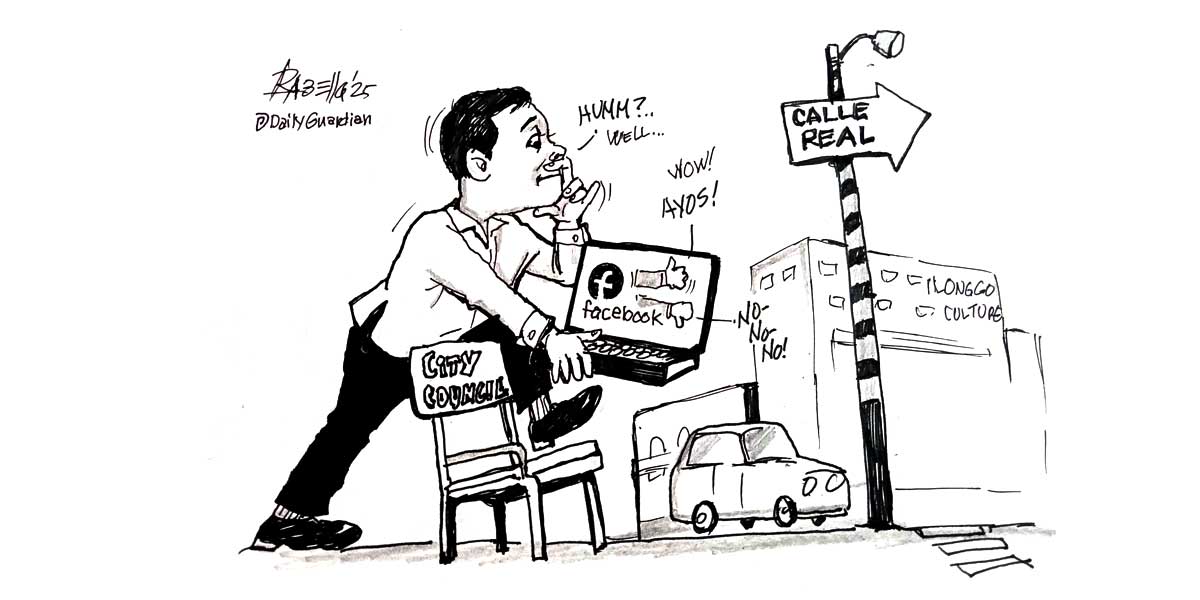By Engr. Carlos V. Cornejo
St. Thomas Aquinas says in Summa Theologica, a lawgiver cannot have in view of every single case, he shapes the law according to what happens most frequently, by directing his attention to the common good. A speed limit in the streets for example is enacted by public authorities for safety purposes or to save lives because over speeding of vehicles by experience has caused many accidents. It is a law as St. Thomas would say, made for what happens most frequently, and in the case of over speeding that it is conducive to causing accidents.
But there are exceptions to the law. All laws by the way have exceptions because as St. Thomas has also said you can’t have every single case or situation be included in a law. Even the divine law of “thou shall not kill” have exceptions in the case of self-defense. The exception to the law on over speeding is when an ambulance carries a dying person and has to speed up and break the speed limit imposed so as to save a dying life. The letter of the law is not to over speed but the spirit of the law is to save life. Thus, the spirit of the law trumps over the letter of the law. The spirit of the law is to save lives. Thus, the ambulance driver was fulfilling that spirit. The over speeding law was decreed precisely to save lives.
The point of the law is to align two wills: the will of the lawgiver and the will of the law-abiders. If, as sometimes happens, obedience to the letter of the law would violate obedience to the will of the lawgiver, then disobedience to the letter is required by the very spirit or essence of the law, namely obedience to the lawgiver’s will.
An example of this is from the Gospel when Jesus’ works of healing on the Sabbath. The legalistic Pharisees opposed Jesus because he broke the letter of the law. But Christ said to them, “The Sabbath was made for man, not man for the Sabbath.” (Mark 2:27)
This is the error of legalism which is the idolatry of worshipping and absolutizing the law instead of the Lawgiver—a temptation in every age. When a civil law is made to go against the divine law as in the case in the U.S. when a hospital run by nuns named Little Sisters of the Poor were accused of violating an enacted law of the state that requires all medical institutions to provide contraceptives and abortifacient-causing drugs to their patients, it is an example of legalism.
Fortunately, last July 2020, the U.S. Supreme Court decided on the side of the nuns exempting them from the Obama Care from having to do something that goes against their conscience.
After 150 years of service to the poor and elderly and almost a decade of battle with the federal government, the Little Sisters of the Poor have affectionately become known in pro-life circles as “the world’s most tenacious nuns.”






















